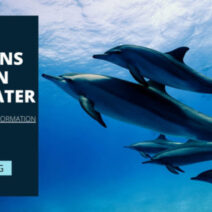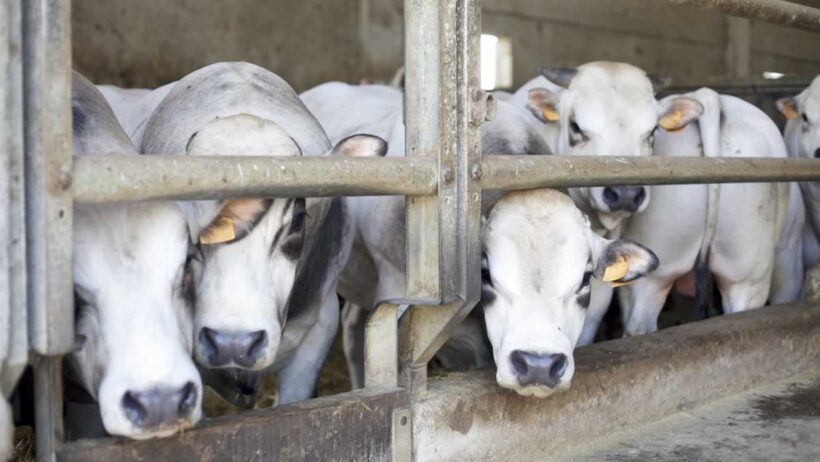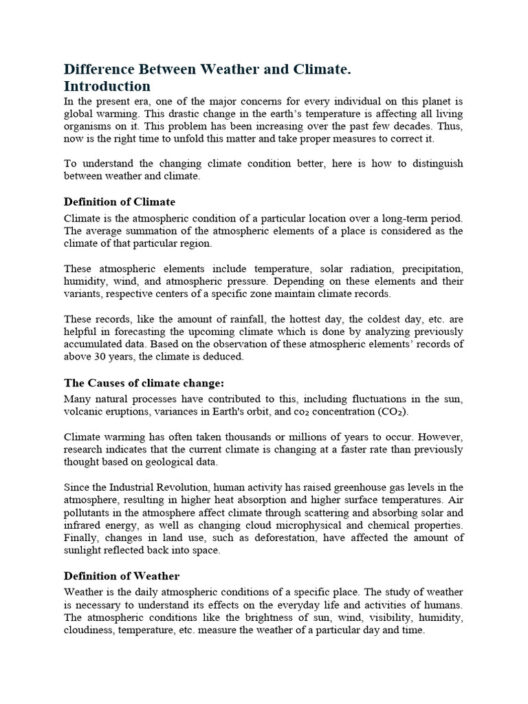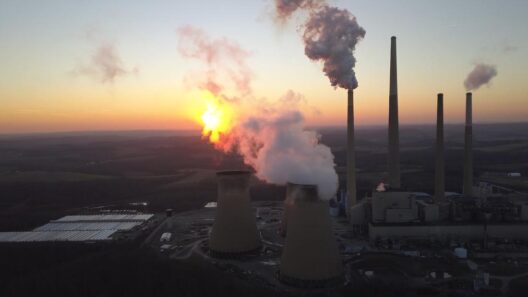The animal food industry is one of the primary contributors to climate change, responsible for a significant portion of global greenhouse gas emissions. As the world’s population continues to expand, the demand for animal-based foods escalates, exacerbating the environmental challenges we face. To understand the full extent of how the animal food industry impacts climate change, it is essential to explore various facets, including greenhouse gas emissions, land use, deforestation, water consumption, and the state of the oceans.
First and foremost, it is vital to recognize the staggering figures associated with greenhouse gas emissions from livestock production. According to estimates, the livestock sector accounts for approximately 14.5% of all human-made greenhouse gas emissions. This figure encompasses a range of emissions, including methane produced by enteric fermentation—a digestive process in ruminants such as cows and sheep—as well as nitrous oxide released from manure management and feed production. Methane, in particular, is twenty-five times more potent than carbon dioxide over a century. The significant contribution of the animal food industry to global warming cannot be overstated.
The environmental footprint of animal agriculture extends beyond emissions alone. Land use is another crucial aspect to consider. Producing animal-based foods generally requires more land compared to plant-based diets. The sheer amount of land allocated to graze livestock and cultivate feed crops is staggering. Approximately 77% of the world’s agricultural land is used for livestock production, despite these systems contributing only 17% of global caloric supply. This inefficiency results in an urgent need to rethink our consumption habits as we grapple with finite natural resources.
Deforestation emerges as a stark consequence of expanding the animal food industry. The Amazon rainforest, often referred to as the “lungs of the Earth,” has witnessed alarming levels of deforestation driven primarily by the demand for beef. The conversion of vast expanses of forest into pastureland not only compromises biodiversity but also releases vast amounts of stored carbon dioxide back into the atmosphere. This vicious cycle manifests as increased climate change, leading to erratic weather patterns and severe ecological consequences.
Moreover, the consumption of water is another pressing concern linked to animal agriculture. Raising livestock requires an astronomical quantity of water compared to growing crops for direct human consumption. For instance, producing just one kilogram of beef demands over 15,000 liters of water, a figure that dwarfs the water footprint of plant-based foods. As water scarcity becomes an increasingly critical global issue, the inefficiencies of animal farming practices come under scrutiny.
Additionally, the oceanic environment is not immune to the repercussions of the animal food industry. Overfishing and fish farming are rampant practices that threaten aquatic ecosystems. The demand for seafood often leads to the depletion of fish populations, disrupting marine food chains. Moreover, fish farming can contribute to water pollution through excess feed and waste, exacerbating the problems faced by our oceans. The link between terrestrial and aquatic food production highlights the need for integrated approaches to minimize overall environmental degradation.
In contemplating solutions to this multifaceted issue, a shift towards plant-based diets presents itself as a significant avenue for mitigating climate change. Embracing vegetarian and vegan lifestyles can dramatically decrease individual carbon footprints. A study indicates that if everyone in the United States adopted a plant-based diet, it could cut greenhouse gas emissions by up to 70%. Plant agriculture, when managed sustainably, tends to produce fewer emissions and utilizes resources more efficiently compared to animal agriculture.
Policy interventions also play a crucial role in addressing the environmental impacts of the animal food industry. Governments can impose regulations aimed at sustainability, encouraging practices that minimize emissions and promote regenerative agricultural methods. These might include the promotion of agroecological practices, incentives for transition to plant-based farming, and support for innovative research into alternative protein sources, such as lab-grown meat and plant-based proteins.
Furthermore, consumer awareness is paramount. As individuals become more informed about their food choices and the environmental ramifications thereof, there is potential for a grassroots movement that propels change from the bottom up. Public campaigns highlighting the carbon footprints of different food items can promote responsible consumption and encourage more sustainable dietary habits.
Education on climate change and its link to the animal food industry should be woven into school curricula and community programs. Fostering a culture of sustainability will equip future generations with the knowledge and tools needed to combat climate change proactively. Building a conscientious palate will not only enhance individual health but also collectively contribute to a more sustainable planet.
In addition, the role of technology cannot be understated in transforming the food system. Innovations such as precision agriculture, which employs AI and data analytics to optimize resource use, can demonstrate a path toward more sustainable practices. Moreover, advancements in food technology are opening doors for alternatives to traditional animal products, including mycelium-based meats and plant-based dairy substitutes, providing consumers with diverse and nutritious options that minimize ecological impact.
In summary, the animal food industry undeniably fuels climate change through greenhouse gas emissions, land use, water consumption, and ecological degradation. A multifaceted approach that encompasses dietary shifts, policy changes, consumer awareness, and technological innovation holds potential to mitigate these impacts. Addressing the interconnectedness of our food systems is imperative as we forge a sustainable future. The decisions made today will indelibly shape the planet for generations to come, and it is our collective responsibility to be the change we wish to see.







